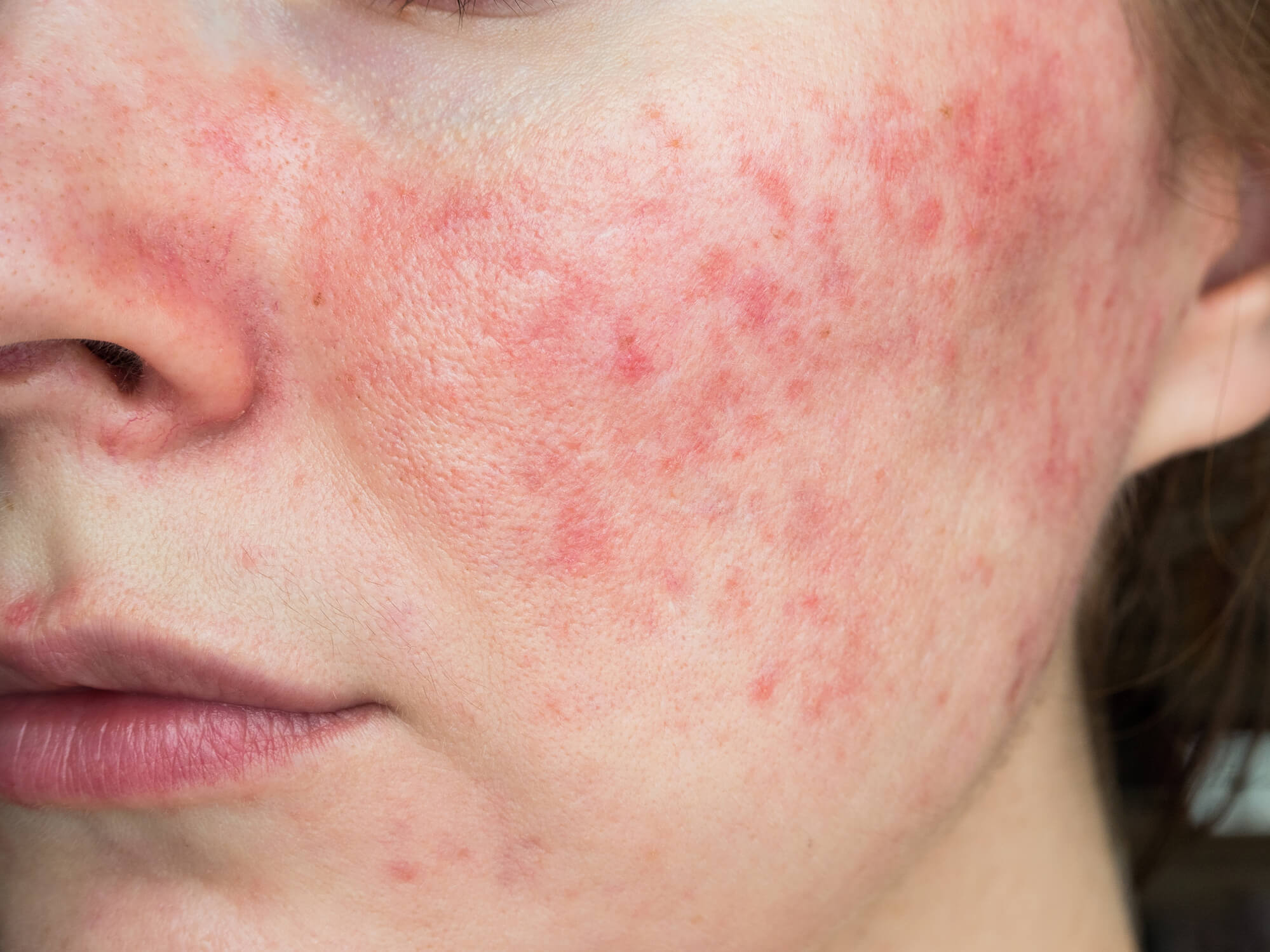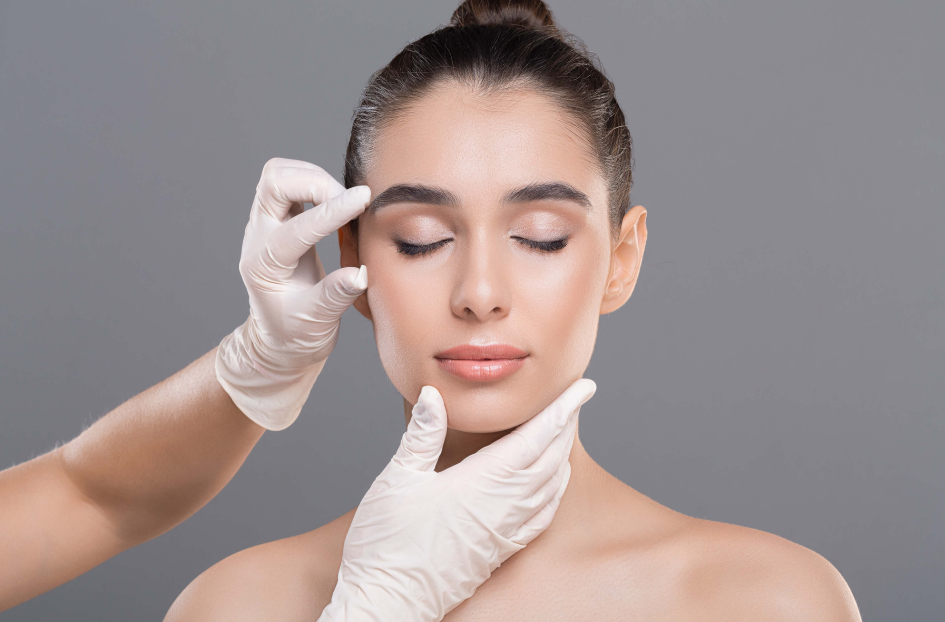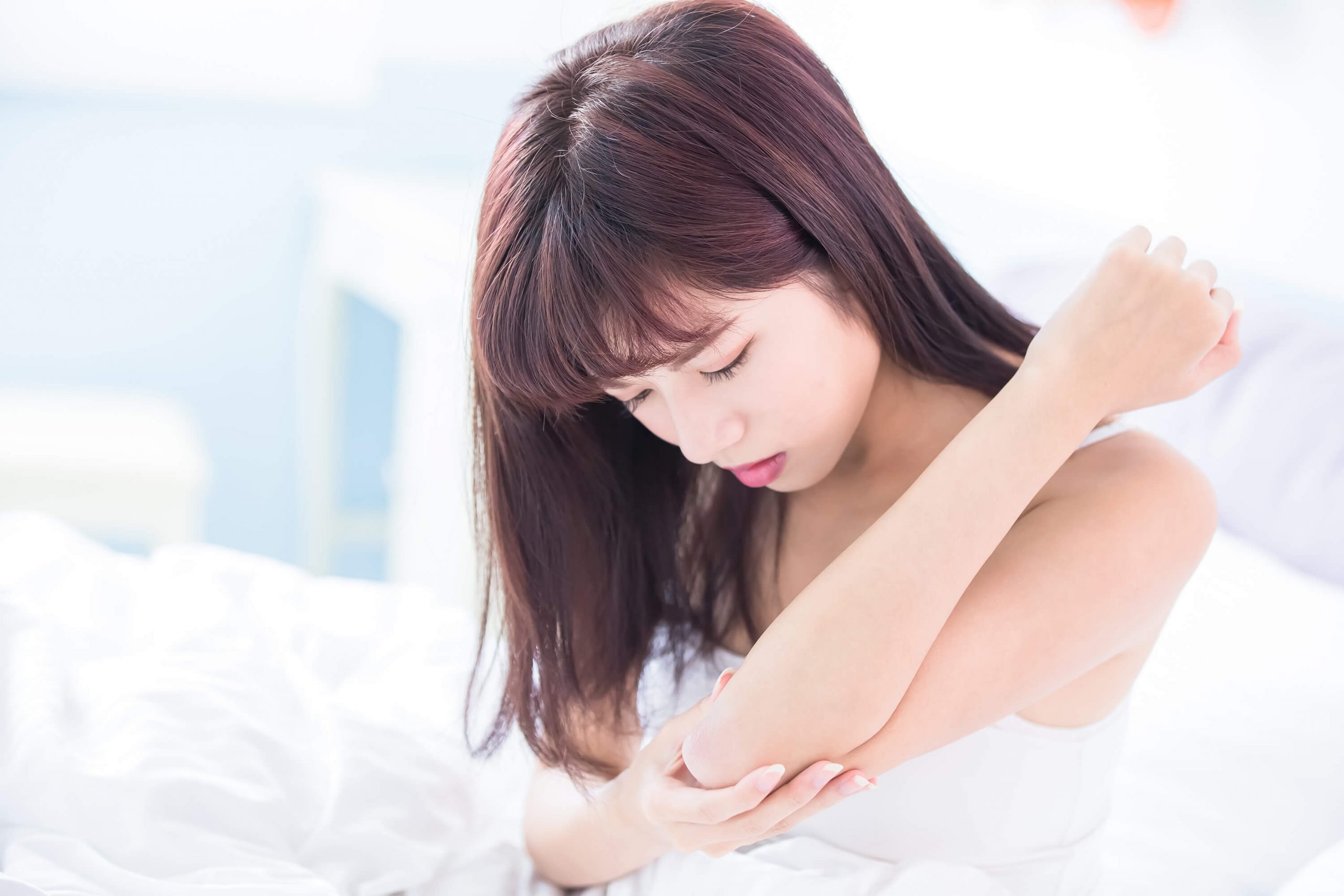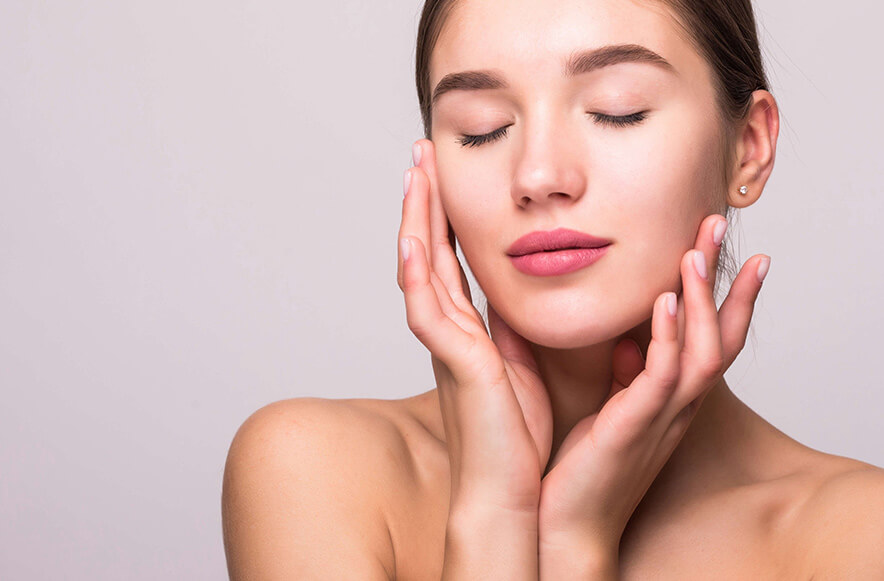Introduction to Rosacea: Symptoms and Causes
Rosacea is a common, chronic skin condition that affects millions of people worldwide. Its primary symptoms include skin redness, flushing, visible blood vessels, and sometimes small, red, pus-filled bumps which can be both embarrassing and physically uncomfortable.
The exact cause of rosacea is still unknown, but likely a combination of genetic and environmental factors. Possible triggers for rosacea include exposure to sunlight, stress, hot or cold temperatures, spicy foods, alcohol, and certain medications.
If you are suffering from rosacea, you’re not alone. Many struggle with this condition and are eager to find lasting relief. In this article, I would like to share with you the types of rosacea, its triggers, as well as the various treatment options available to help you achieve a clearer, healthier skin.
Understanding Rosacea: Types and Triggers
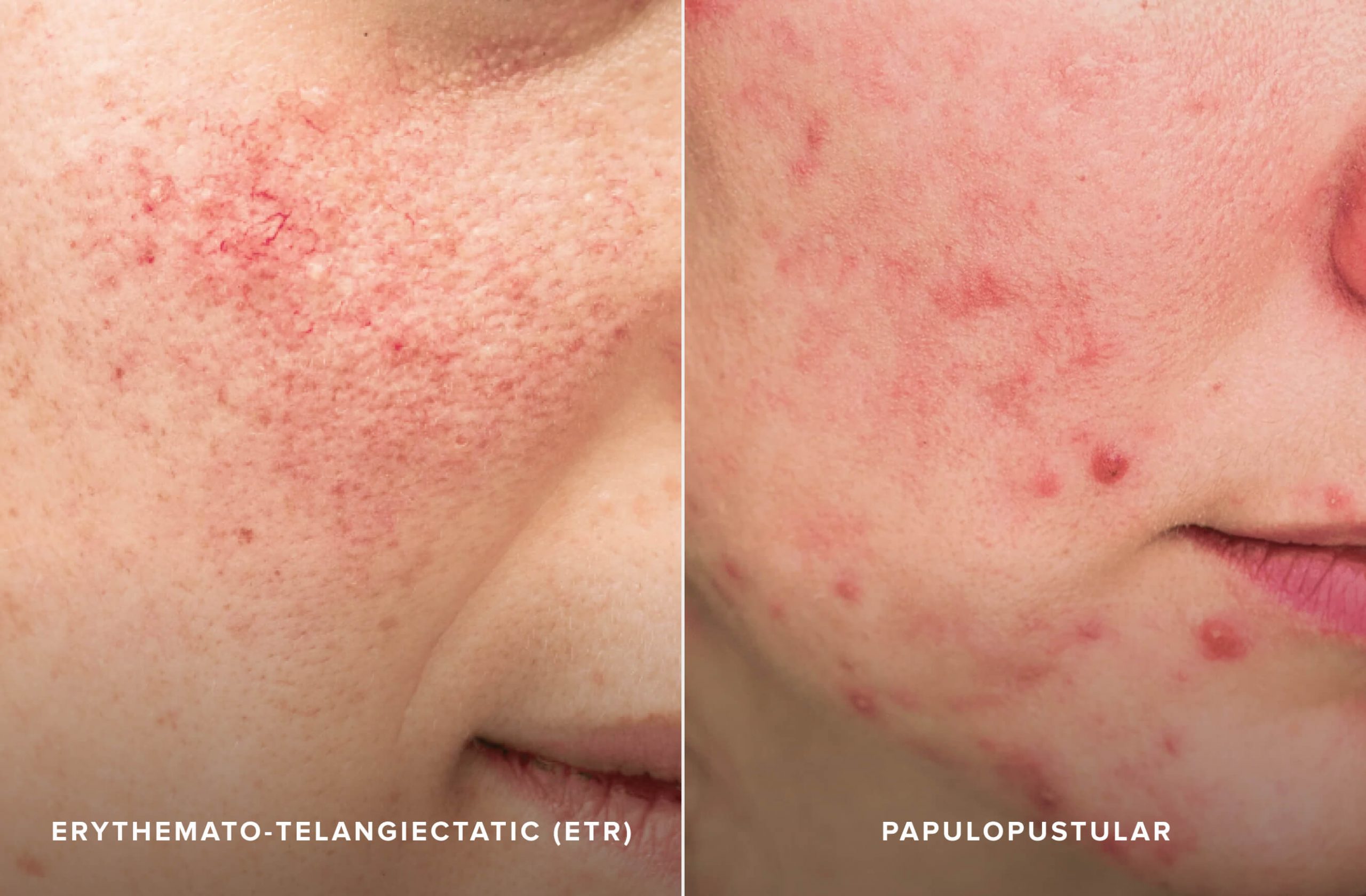
There are four main types of rosacea, each with its own set of symptoms and triggers. These types include:
- Erythemato–telangiectatic rosacea (ETR): It is characterised by facial redness, flushing, and visible blood vessels. The triggers for ETR include sun exposure, hot and cold temperatures, and emotional stress.
- Papulopustular rosacea: It presents with red, pus-filled bumps and is often mistaken for acne. The triggers for papulopustular rosacea include spicy foods, alcohol, and certain medications.
- Phymatous rosacea: It is a thickening and enlargement of the skin, commonly on the nose. The exact triggers for phymatous rosacea are unknown, but it may be related to chronic inflammation.
- Ocular rosacea: It affects the eyes, causing redness, irritation, and a gritty sensation. The triggers for ocular rosacea can include sun exposure, wind, and allergens.
It’s important to understand which type of rosacea you have, as different types respond better to specific treatments. Additionally, knowing your personal triggers can help you to avoid situations that may exacerbate your symptoms.
How is Rosacea Treated: Conventional and Alternative Methods
There is no one-size-fits-all solution for treating rosacea, but there are several conventional methods that can help you to manage your symptoms and achieve a lasting relief. These treatments can range from prescription medications to lifestyle changes. In the following sections, I would like to share four treatments for rosacea and how they can help to clear your skin.
Treatment #1: Topical Medications for Rosacea Relief
Topical medications are often the first line of defence when it comes to treating rosacea. These medications are applied directly to the skin and can help reduce inflammation, redness, and the appearance of blood vessels.
Follow your doctor’s instructions when using topical medications, as overuse or improper application can lead to irritation or worsening of symptoms. Always discuss any concerns or side effects with your doctor.
Treatment #2: Oral Medications to Clear Rosacea
In some cases, oral medications may be prescribed to help manage rosacea symptoms. These can include antibiotics to reduce inflammation and the formation of pus-filled bumps. Other oral medications like isotretinoin, a powerful acne medication that can help control severe cases of rosacea, and beta-blockers, which can help reduce flushing and redness.
Some oral medications may not be suitable for everyone, so be sure to discuss your medical history and any other medications you may be taking with your dermatologist.
Treatment #3: Laser and Light Therapies for Rosacea
Laser and light therapies have become increasingly popular in recent years for treating various skin conditions, including rosacea. They work by targeting the blood vessels beneath the skin, helping to reduce redness and the appearance of visible blood vessels. Some common laser and light therapies used to treat rosacea include:
- Pulsed dye laser (PDL): This treatment uses a concentrated beam of light to target blood vessels, helping to reduce redness and the appearance of visible blood vessels.
- Intense pulsed light (IPL): IPL therapy uses pulses of light to target blood vessels and reduce redness and inflammation.
While laser and light therapies can be effective in reducing rosacea symptoms, they may not be suitable for everyone. Be sure to consult with a qualified skin specialist to determine if these treatments are right for you.
Treatment #4: Skincare Routine and Lifestyle Changes for Rosacea Management
In addition to medical treatments, making changes to your skincare routine and lifestyle can play a crucial role in managing rosacea symptoms. Some tips for improving your skincare routine and lifestyle:
- Choosing gentle, fragrance-free skincare products: Harsh or heavily scented products can irritate the skin and exacerbate rosacea symptoms.
- Protect your skin from the sun: Wear a broad-spectrum sunscreen with an SPF of at least 30 and avoid excessive sun exposure to help prevent rosacea flare-ups.
- Avoid known triggers: If you know that certain factors, such as spicy foods or alcohol, trigger your rosacea, do your best to avoid them.
- Manage stress: High levels of stress can exacerbate rosacea symptoms, so make an effort to engage in stress-reducing activities regularly.
- By adopting a consistent skincare routine and making positive lifestyle changes, you can reduce rosacea flare-ups.
How to Prevent Rosacea Flare-ups: Tips and Tricks
Preventing rosacea flare-ups is key to achieving relief from your symptoms. Here are some tips and tricks to help you avoid triggering your rosacea:
- Identify and avoid your personal triggers: Keep a journal to track your rosacea symptoms and potential triggers, and take steps to avoid those triggers whenever possible.
- Practice sun safety: Protect your skin from the sun by wearing broad-spectrum sunscreen, seeking shade, and wearing protective clothing.
- Maintain a gentle skincare routine: Use fragrance-free, gentle products and avoid harsh scrubs or exfoliants that can irritate the skin.
- Manage stress: Incorporate stress-reducing activities into your daily routine to help keep your rosacea symptoms at bay.
Conclusion: Achieving Lasting Relief from Rosacea
While there is no permanent cure for rosacea, it is possible to achieve lasting relief from your symptoms and improve the appearance of your skin. Remember that everyone’s skin is unique, and what works for one person may not work for another. Work closely with your dermatologist to develop a treatment plan that addresses your specific needs and concerns.
Lastly, be patient and consistent with your treatment plan. While some treatments may provide immediate relief, others may take several weeks or even months to show significant improvement. Don’t give up hope if you don’t see immediate results, and always communicate with your dermatologist if you have any concerns or questions.
